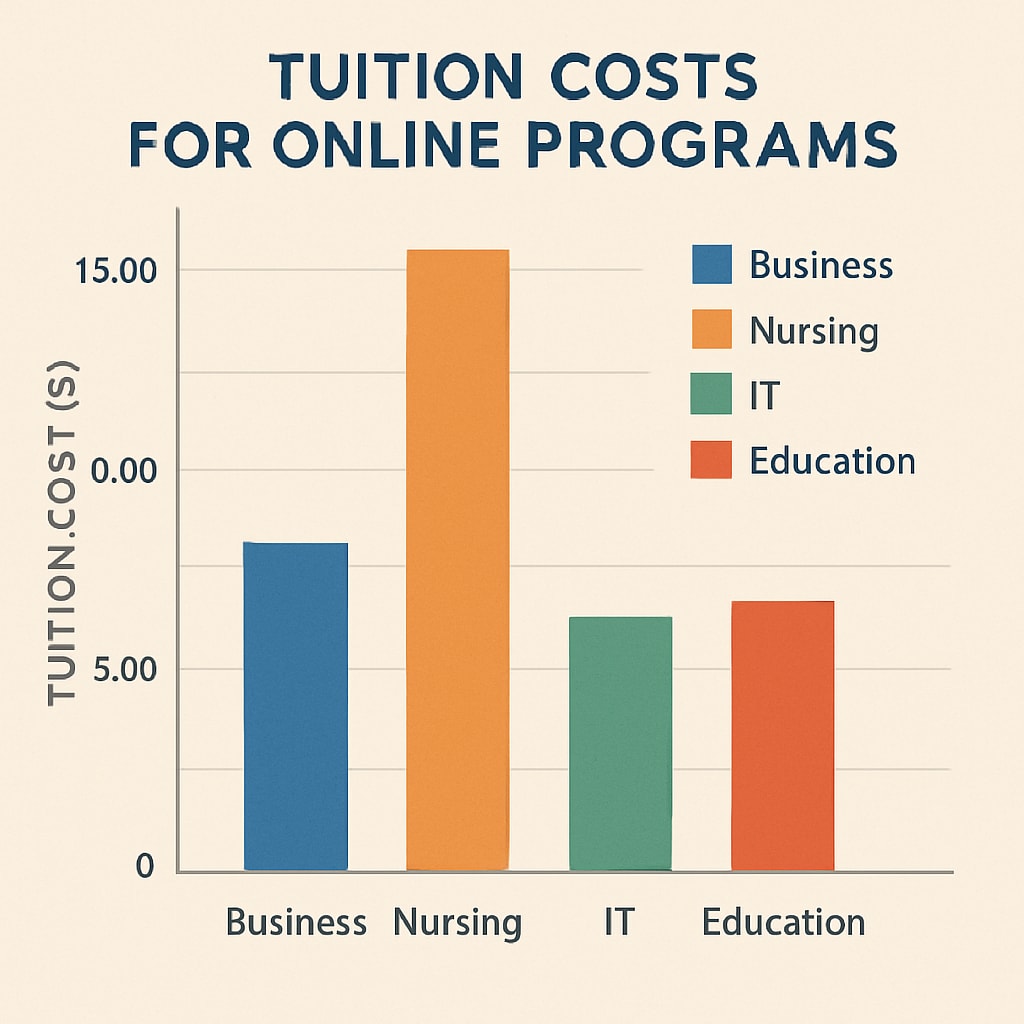For busy professionals looking to advance their careers, finding an affordable online bachelor’s degree that combines low-pressure courses with budget-friendly solutions can be a game-changer. Thanks to the rapid growth of online education, there are now countless options for individuals who need flexibility without sacrificing quality. This article explores strategies for identifying top-notch programs that fit your schedule and budget, helping you balance both personal and professional development.
Why Online Bachelor’s Degrees Are Ideal for Busy Professionals
Pursuing a bachelor’s degree online offers unparalleled flexibility, making it an ideal choice for professionals juggling work, family, and other commitments. Online programs often feature asynchronous learning, allowing students to access lectures and materials at their convenience. Additionally, many universities now offer part-time enrollment options or modular courses, which reduce the pressure of completing a degree in a rigid timeframe.
- Flexibility: Study whenever and wherever you want.
- Cost-efficiency: Avoid commuting expenses and potentially lower tuition fees.
- Wide variety: Choose from thousands of programs across disciplines.
For example, institutions like edX and Coursera partner with well-known universities to provide affordable degree options.

How to Choose a Budget-Friendly Online Degree Program
Affordability is a major concern for many prospective students. To find a cost-effective program, start by comparing tuition fees, application costs, and additional expenses like textbooks or technology requirements. Some programs even offer financial aid or scholarships specifically designed for online learners.
Here are some tips for identifying affordable online bachelor’s degree programs:
- Look for accredited institutions: Accreditation ensures quality education and transferability of credits.
- Explore public universities: Many state-funded institutions offer lower tuition rates for residents.
- Consider shorter programs: Accelerated courses may reduce overall costs.
- Research free resources: Platforms like OpenCourseWare provide supplementary learning materials at no cost.
Organizations such as Britannica offer valuable insights into the pros and cons of distance learning, helping you make informed decisions.

Balancing Workload with Low-Pressure Courses
One crucial factor for working professionals is the level of pressure associated with a program. Low-pressure courses often feature flexible deadlines, smaller workloads, and supportive faculty who understand the challenges of balancing work and studies. Modular programs or competency-based education models can also be helpful, as they allow students to move at their own pace.
When evaluating programs, ask the following questions:
- Does the program offer part-time options?
- Are the courses designed for adult learners or working professionals?
- Does the curriculum include practical, career-focused content?
Many universities now design courses specifically for non-traditional students, ensuring that the workload is manageable without compromising academic rigor.
Conclusion: Finding the Right Balance
For professionals seeking an affordable online bachelor’s degree, the key lies in finding programs that align with their budget, schedule, and career goals. By exploring accredited institutions, leveraging financial aid opportunities, and prioritizing low-pressure courses, you can achieve academic growth without sacrificing professional success.
Whether you’re advancing in your current field or exploring new opportunities, online education provides the flexibility and affordability needed to succeed in today’s fast-paced world.
Readability guidance: Use concise paragraphs, clear lists, and actionable advice. Keep passive voice usage minimal and ensure smooth transitions for better comprehension.


